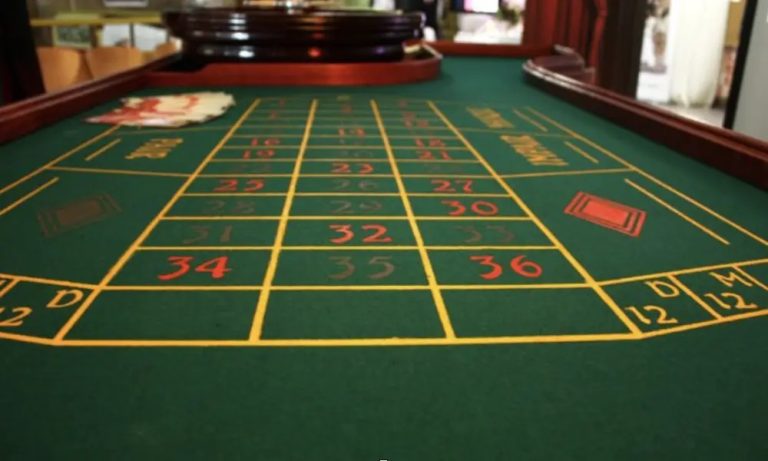Reaction time is crucial in specific gaming formats where speed and quick decision-making directly impact player success and enjoyment. While many digital games operate at leisurely paces that accommodate thoughtful consideration, specific formats require rapid responses that test player reflexes and mental agility. These time-sensitive gaming environments create distinct experiences that appeal to players seeking fast-paced entertainment and competitive challenges. Online casinos now integrate quick-reaction challenges where rewards connected to free credit 365 enhance both excitement and engagement for players, making rapid decisions.
Live dealer interactions
Live dealer formats create real-time environments where reaction speed affects player participation and betting opportunities. Dealers maintain consistent pacing that mirrors physical casino operations, giving players limited windows to place bets, make decisions, or communicate preferences. These time constraints require players to process information quickly and respond within dealer-imposed deadlines that cannot be extended or paused. Chat interactions with dealers and other players also benefit from quick response times that maintain conversational flow and social engagement. Delayed responses can interrupt the natural rhythm of live dealer sessions, while swift, relevant comments enhance the interactive experience. Players who adapt to these timing requirements often find live dealer formats more engaging and socially rewarding than self-paced alternatives.
Time-sensitive gaming mechanics
- Tournament formats that impose strict time limits for each betting round or decision phase
- Bonus round activations that require immediate response to maximize reward potential within limited timeframes
- Progressive jackpot competitions where speed determines participation eligibility and competitive positioning
- Interactive mini-games that test reflexes through timed challenges and quick decision requirements
- Multi-player environments where delayed responses disadvantage players against faster opponents
- Limited-time promotional offers that require rapid claiming to secure advertised benefits before expiration
Speed tournaments
Competitive tournament formats emphasise reaction time as a primary skill component that separates successful participants from casual players. These events often feature accelerated gameplay where standard decision times are compressed to create intense, fast-paced competition. Players must process game information rapidly while maintaining strategic thinking under time pressure that eliminates opportunities for extended analysis. Tournament leaderboards frequently change based on player response speeds during critical moments, making reaction time a measurable competitive advantage directly correlating with final standings. Practice and experience help players develop the quick decision-making skills necessary for tournament success. At the same time, newcomers may struggle with the accelerated pace until they adapt to the time pressure requirements.
Quick decision formats
- Card game variations that limit thinking time for each hand or betting decision to maintain rapid gameplay flow
- Rapid-fire question formats that test knowledge and response speed simultaneously across multiple categories
- Reflex-based skill games that require precise timing for optimal results and maximum scoring potential
- Multi-choice scenarios with countdown timers that force immediate selections without deliberation time
- Pattern recognition challenges where speed determines scoring and advancement through increasingly difficult levels
- Memory games that combine recall accuracy with rapid response requirements for competitive advantage
Players with faster reaction times often prefer manual controls that give them competitive advantages in time-sensitive situations. Those who struggle with quick responses may benefit from automated features that maintain gameplay flow without time pressure. The choice between these control methods allows players to customise their experience based on their strengths and preferences while still participating in their preferred gaming formats.


Comments are closed.